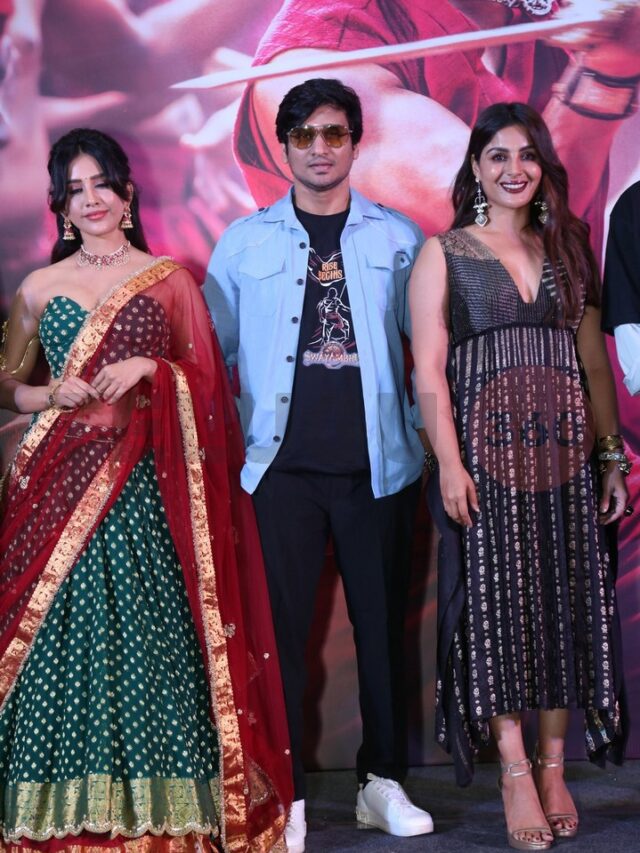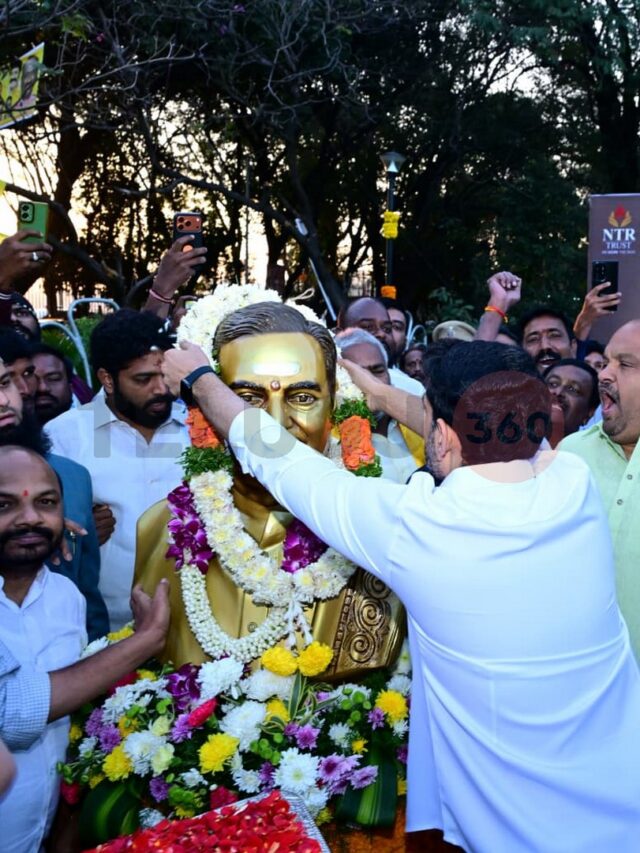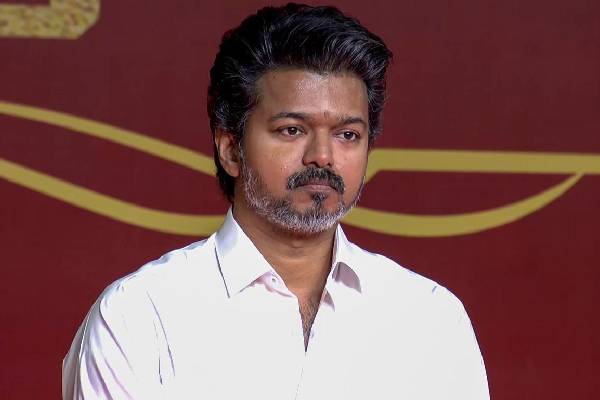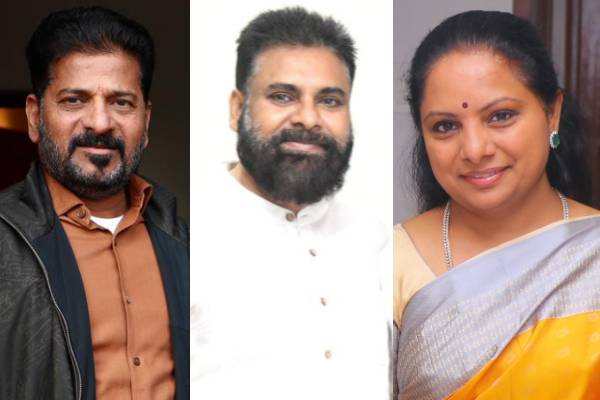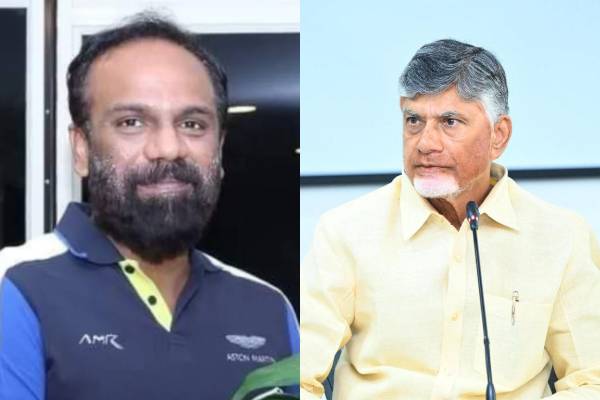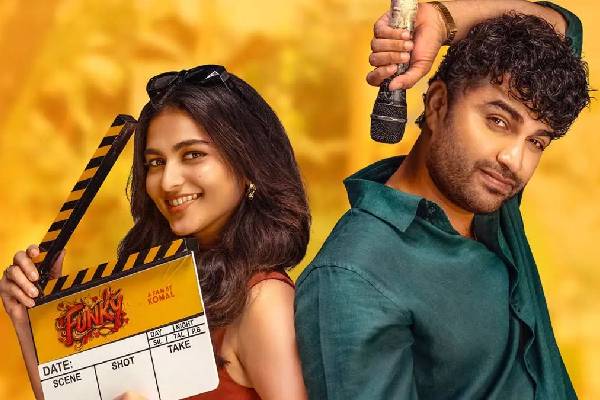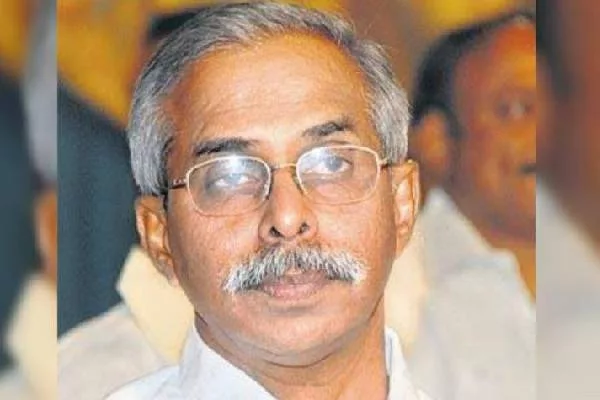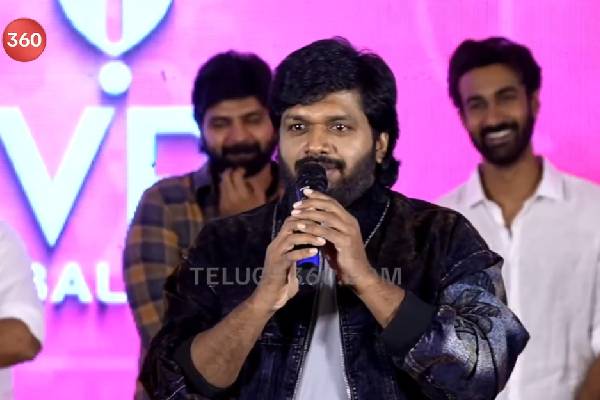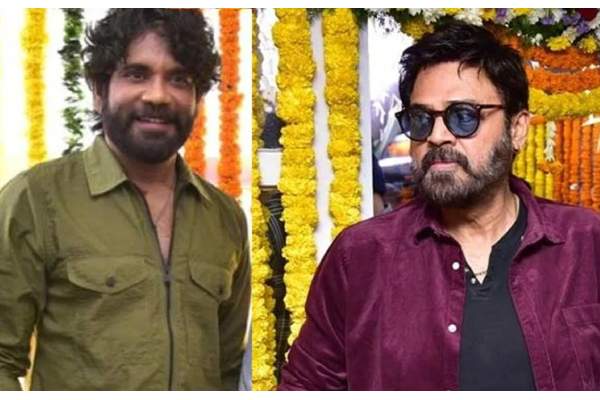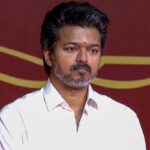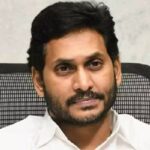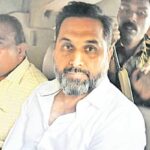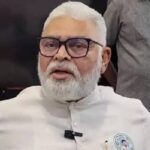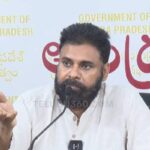The Supreme Court on Tuesday turned its attention to Kadapa MP Y.S. Avinash Reddy while hearing petitions seeking cancellation of bail in the Y.S. Vivekananda Reddy murder case.
A bench of Justice M.M. Sundresh and Justice N.K. Singh heard arguments presented by senior advocate Siddharth Luthra, representing Viveka’s daughter Y.S. Sunitha. He urged the court to cancel Avinash Reddy’s bail, stressing that the CBI had filed its charge sheet only because of the Supreme Court’s deadline and that further investigation was still necessary. Luthra also pointed out that witnesses were being threatened, making bail cancellation critical for a fair trial.
During the hearing, the bench asked the CBI to clarify whether it required Avinash Reddy’s custodial interrogation and to specify how many of the accused should have their bail revoked.
The court also dismissed petitions filed against CBI officer Ram Singh, Sunitha, and her husband Narrareddy Rajasekhar Reddy. It observed that these cases appeared to be politically motivated attempts to obstruct the investigation. The bench expressed displeasure at the arguments made, remarking that it was refraining from imposing a fine “only out of respect” for the counsel.
The CBI counsel told the court that this was a grave case where the accused could even face the death penalty if proven guilty. He further said there was strong evidence that attempts were made to destroy proof and intimidate witnesses, making cancellation of Avinash Reddy’s bail all the more necessary.
The Supreme Court directed the CBI to submit a detailed response on three points before the next hearing:
1) Whether further investigation is required.
2) Whether custodial interrogation of Avinash Reddy and others is necessary.
3) How many accused persons’ bail should be cancelled?
The next hearing has been scheduled for September 9.
With Avinash Reddy’s role coming under fresh scrutiny, the case has once again drawn public and political attention. The court’s remarks also suggested that there was misuse of power by the then government, making the upcoming hearing crucial for the future course of the investigation.



